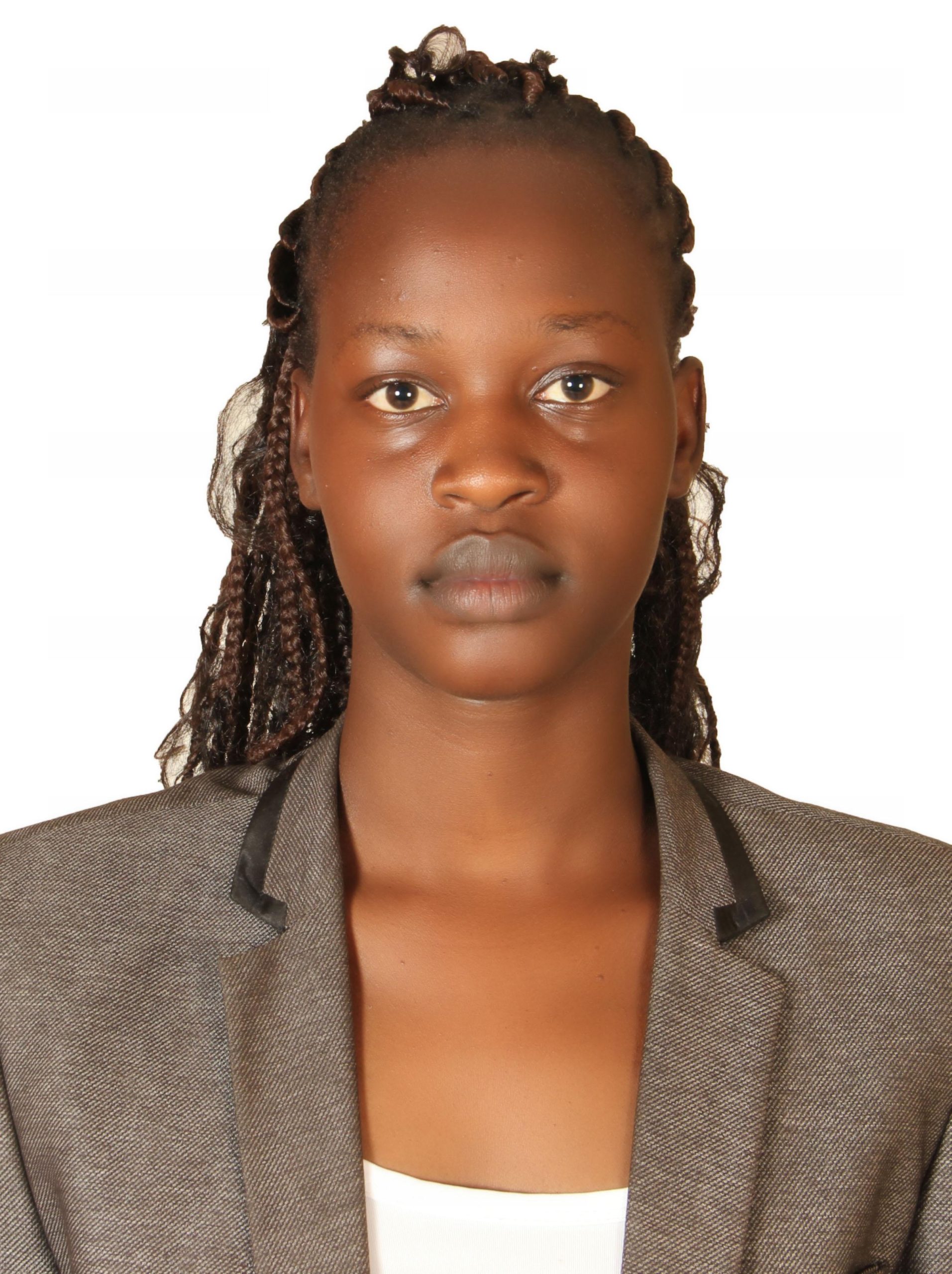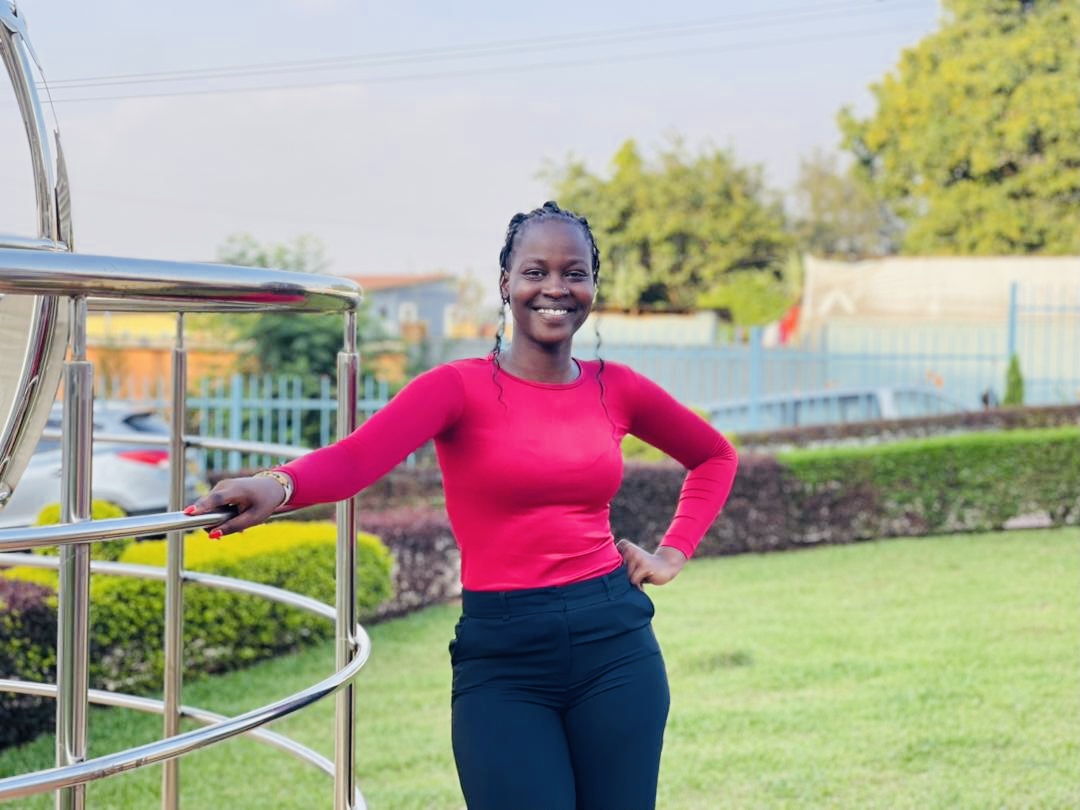As a Kenyan student with a passion for exploring the world, I’ve always dreamed of studying abroad.
Initially, I had my sights set on Nairobi. But when I learnt that Mount Kenya University had a campus in Kigali, Rwanda, I was intrigued.
I’d heard stories of Rwanda’s safety, beautiful landscapes, kind people, and yes, even how famously clean the country is. If all of that existed in a neighbouring East African country, I thought, why not give it a try?
My journey to Kigali was filled with excitement. When I arrived, the vibrant colours, orderly traffic, and calm streets made me feel like I had stepped into a different version of Africa. One where everything seemed to work. I was captivated.
What stood out most was Rwanda’s resilience. A country that suffered an unspeakable tragedy during the 1994 Genocide against the Tutsi has managed to rebuild not just its infrastructure, but also a strong sense of purpose and unity.
Rwanda is a living example that real growth comes from healing what’s within.
Of course, no place is without its challenges. One of the biggest surprises I encountered was the language barrier.
Kinyarwanda is the primary language, and while English is one of the official languages, it is not widely spoken in everyday interactions, especially among informal service providers.
I remember one morning vividly. I had just begun my student visa application process and boarded a motorbike (locally known as a moto) to the Immigration Office. The rider nodded in agreement when I offered Rwf 1,000 as the fare.
But upon arrival, he insisted I had agreed to pay Rwf 10,000. Being new and unsure, I paid without argument.
But that wasn’t the worst of it. On my way back, I boarded another moto, thinking I had now grasped how things worked.
However, this rider didn’t understand a word of English. I tried to give him directions, but he stared at me blankly. We got completely lost. I used hand gestures, pointed at landmarks, and even tried drawing in the air, but nothing worked. Eventually, I had to stop and find someone to help translate. It was a stressful and humbling moment that reminded me how vital communication is, especially when you’re far from home.
Another adjustment was the local cuisine. While Rwandan food is wholesome and widely celebrated, it took some getting used to. As someone familiar with the spicy variety of Kenyan dishes, I found the flavors here more subtle than expected. Over time, though, I began to appreciate the simplicity and freshness of the meals.
Living in Rwanda has taught me more than any classroom ever could. I’ve learned patience, how to adapt quickly, and the importance of asking for help when needed.
If I had to offer advice to someone planning to live or study in Rwanda, it would be to come with an open mind. Embrace the differences, be willing to learn, and take the time to understand the culture and the people.
The experience will not only challenge you, but it will also shape you.
Every encounter, every challenge, and every small triumph have helped me grow into a more confident and culturally aware individual.
Rwanda, with all its complexities and charm, is now a place I’m proud to call a second home.





